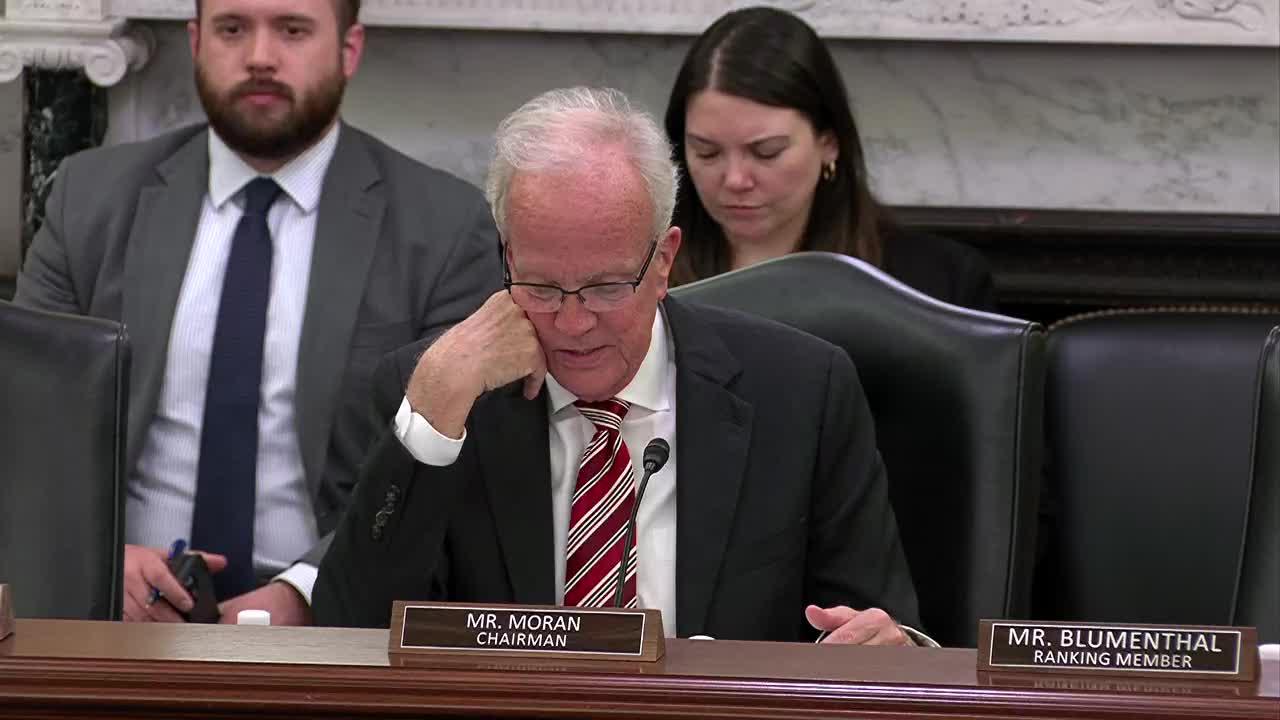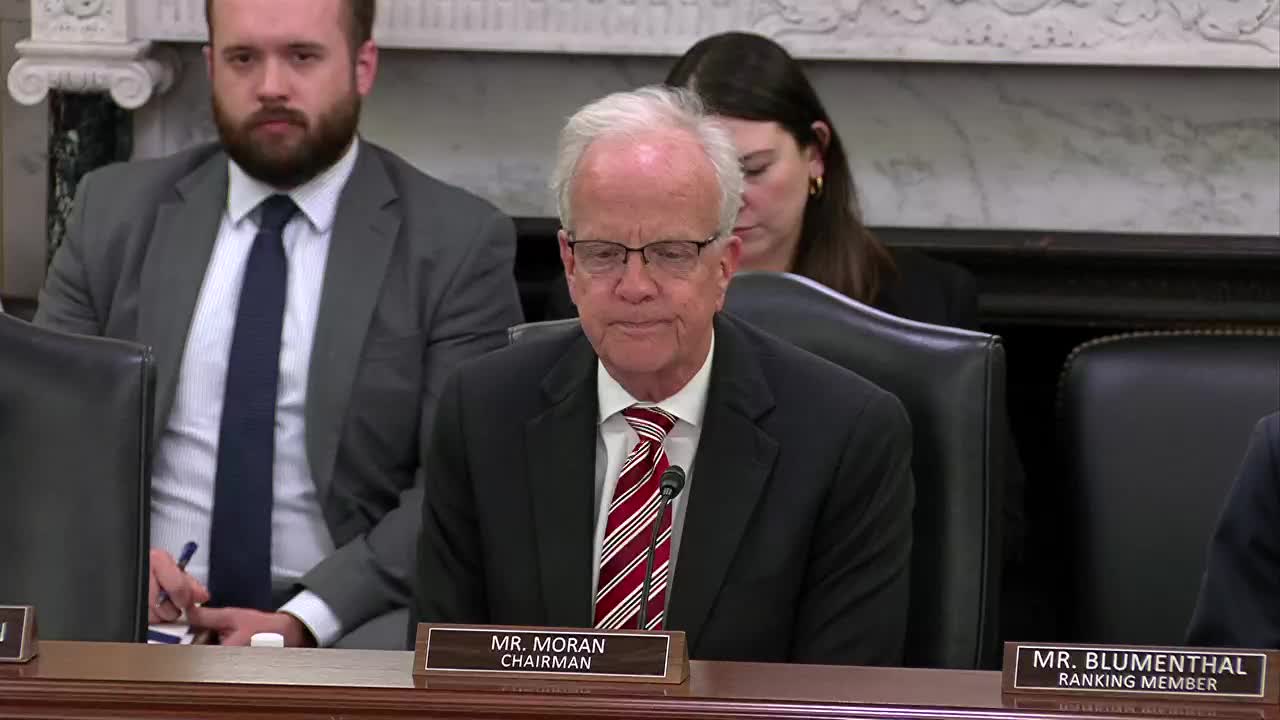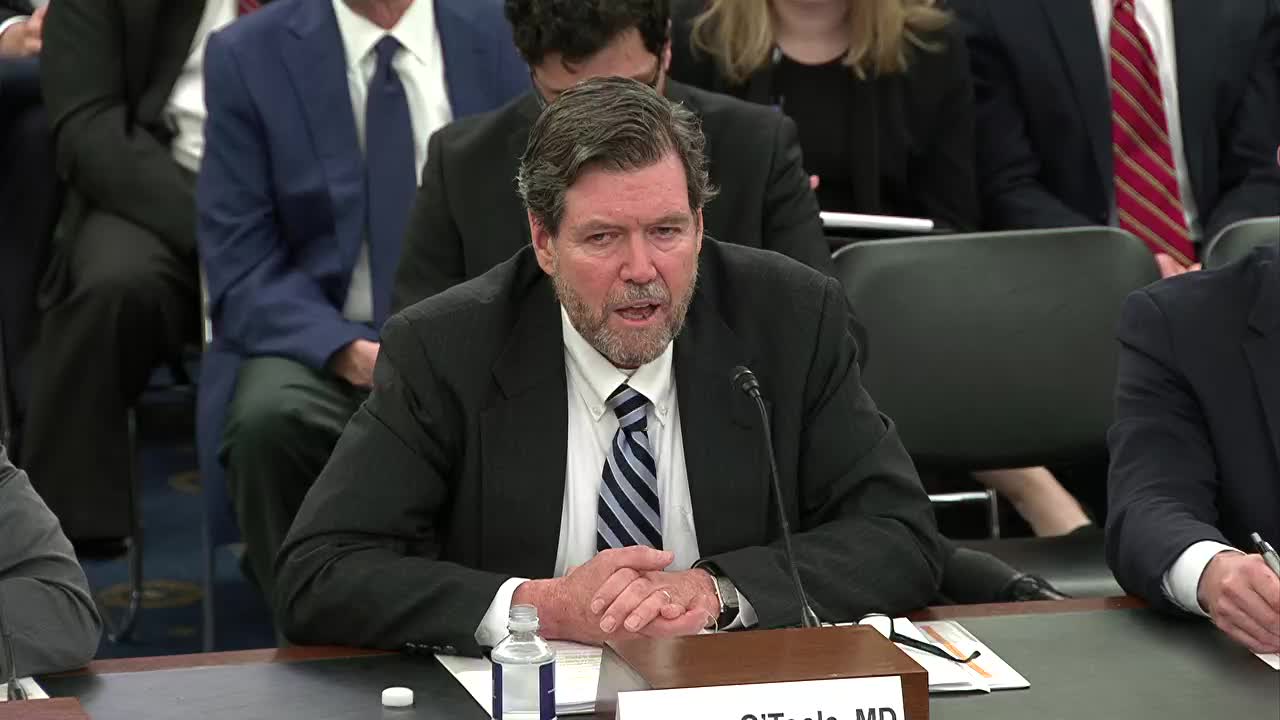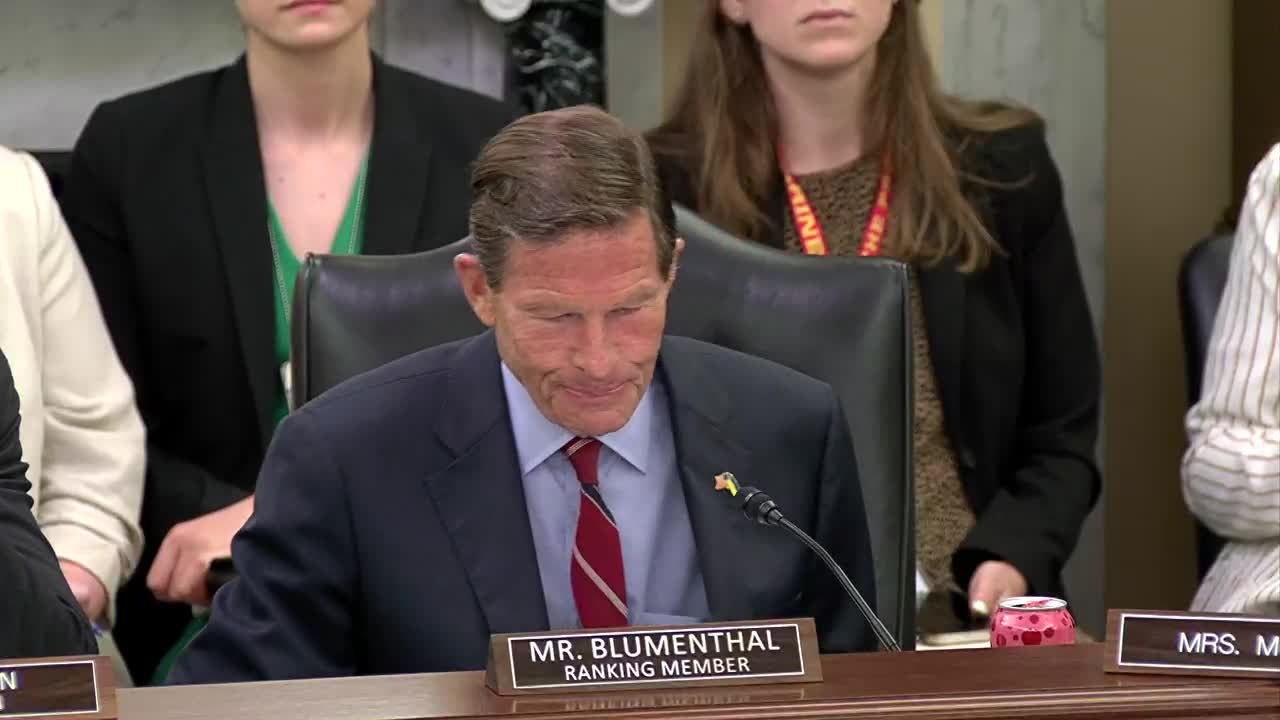Article not found
This article is no longer available. But don't worry—we've gathered other articles that discuss the same topic.

Witnesses back bills to support caregivers, menopause research and rural veteran transportation

Veterans groups tell Senate VA committee accessibility gaps include diagnostic equipment and facility access

VA backs permanent licensure portability pilot for contract disability examiners with caveats

VA tells Senate it is building EHR exchange but warns of redundancy in proposed care‑coordination bills

